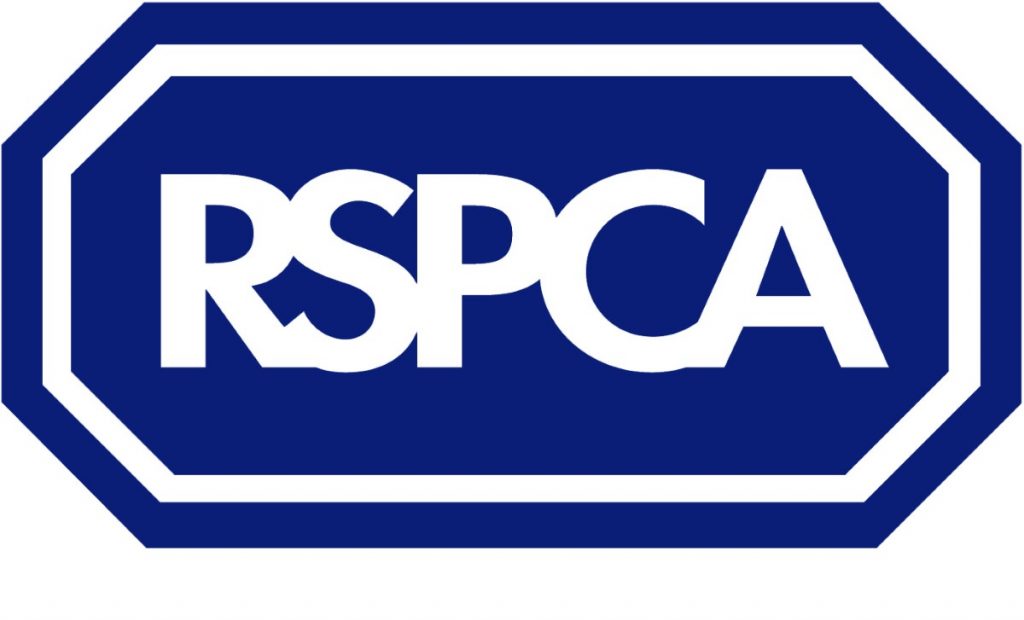RSPCA: Baby polecat loses her mum on RSPCA wildlife centre doorstep
A baby polecat is in RSPCA care after found without his mum in a field in Somerset.
The tiny young kit is thought to be just a few weeks old and was found alone, hungry and trembling in an exposed spot near RSPCA West Hatch Animal Centre near Taunton last Thursday evening (June 6).
He had become separated from his mum and was unlikely to survive on her own. Luckily he was spotted by supervisor Anastasia Rosenberg, who lives on site and was walking her dog, and taken to the West Hatch Wildlife Centre next door.
Anastasia said: “This poor little thing was really helpless and vulnerable – shaking at the edge of an exposed field.
“We would not normally pick up babies like this, because the mothers are often nearby and it can be better to leave them where they are. But in this case he had clearly been separated from his mum, was very anxious and was in danger because of a dog which was living nearby.
“Polecats are quite rare in this area so it took me by surprise to find her and I thought he might be a ferret until I looked closely.
“Of all the places he could have got herself lost, it is pretty amazing that this little fella managed to find his way almost to the doorstep to a wildlife centre – it is as if he came asking for help.”
The baby polecat is uninjured but needs constant feeding and care until he is old enough to fend for himself. It is hoped that after a period of hand-rearing he can be released back to field where he was found.
Orphaned polecat, 2-3 weeks old
Polecats were driven to the brink of extinction in the UK by the early 20th century because so many were killed by gamekeepers, but numbers are now gradually increasing again due to reduced persecution.
An RSPCA study based at one of the charity’s other wildlife centres, Stapeley Grange, monitored how well hand reared polecats like this one survived when released back into the wild. It found the animals were able to fend for themselves despite their time in captivity.
Manager of West Hatch wildlife centre Peter Venn said: “The polecat kit is doing well but is so small he needs our help for a while – so we can get him big and strong enough to get out there and live his life back in the wild.
“Considering how rare these lovely little animals were not so long ago it is especially important that we do all that we can to help them survive – for conservation reasons as well as welfare.”
-ends
Notes to editors
Images and interviews available on request
The study into polecat rehabilitation project took place between 2005 and 2008 and was published in science journal Endangered Species Research. Of the 32 juveniles tracked in Cheshire and North Wales for up to four months, 81% were still alive after two weeks and at least 50% after a month.
RSPCA, Wilberforce Way, Southwater, Horsham, West Sussex RH13 9RS
Press office direct lines: 0300 123 0244/0288 Fax: 0303 123 0099
Duty press officer (evenings and weekends) Tel 08448 222888 and ask for pager number 828825
Email: press@rspca.org.uk Website: www.rspca.org.uk
Dogs come in all shapes, sizes and breeds! Check out our top tips for
canine care:
http://blogs.rspca.org.uk/insights/2013/01/03/meeting-your-dogs-welfare-needs/
—————————————————————————————————————————————————————
Royal Society for the Prevention of Cruelty to Animals registered charity no: 219099 Registered office: RSPCA, Wilberforce Way, Southwater, Horsham, West Sussex, RH13 9RS





-01.png)